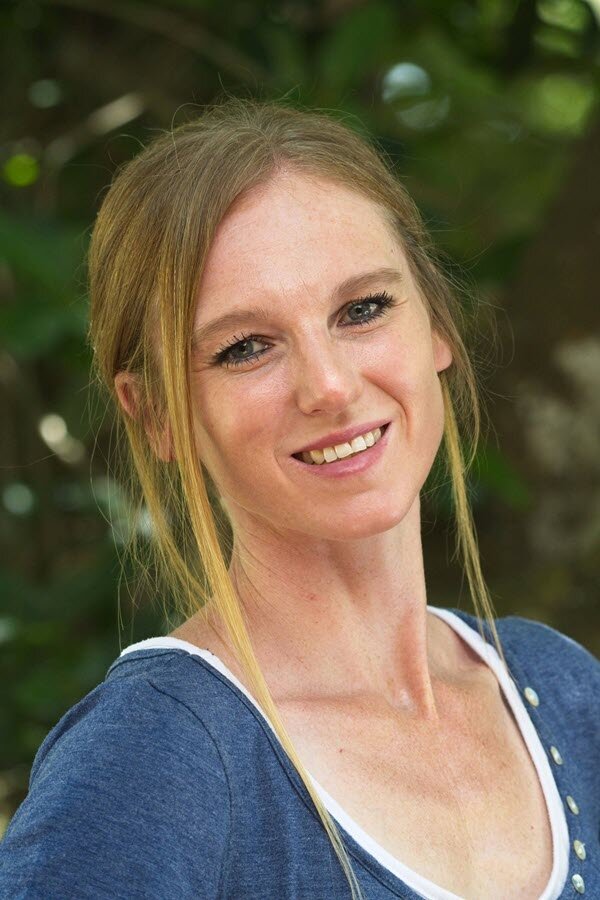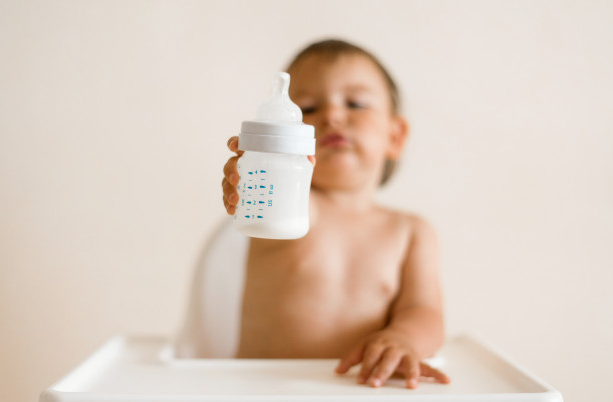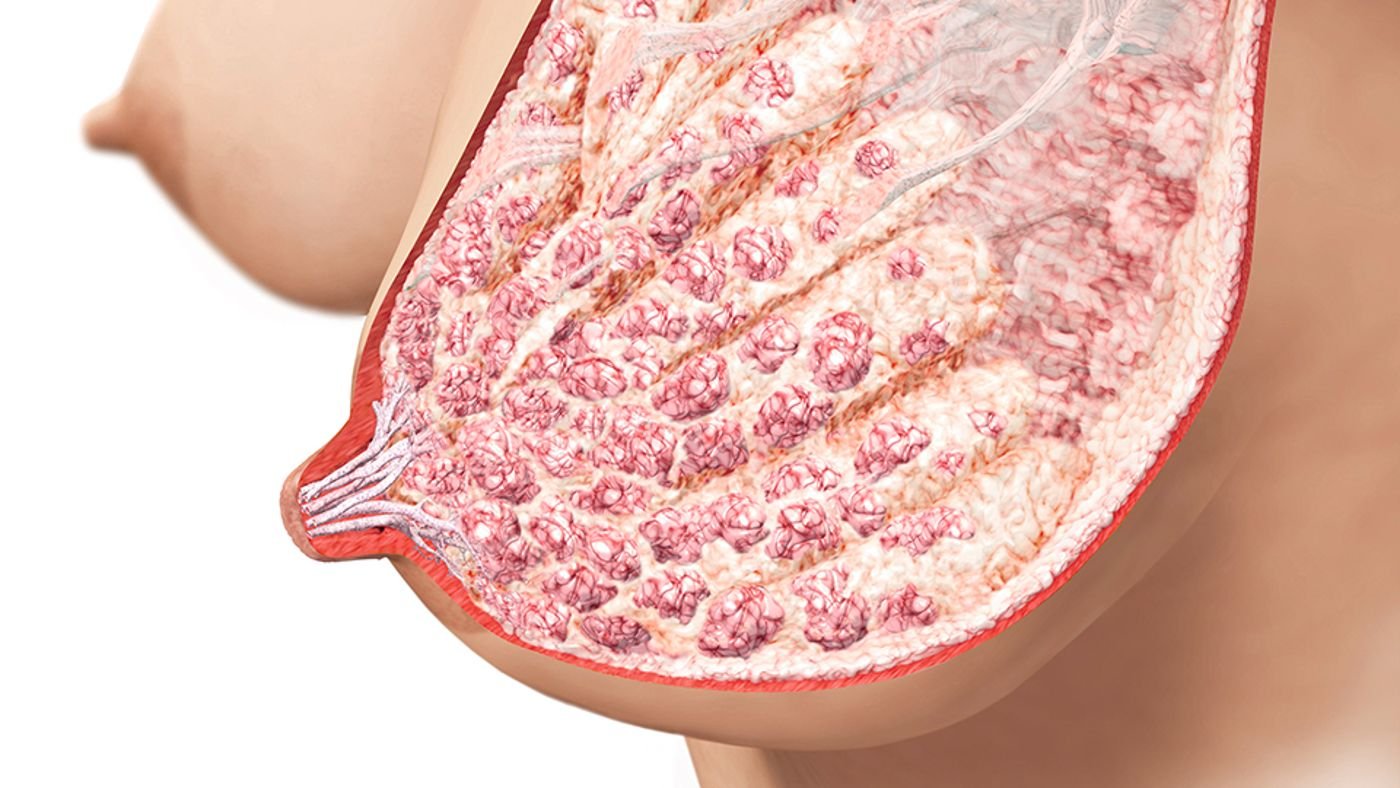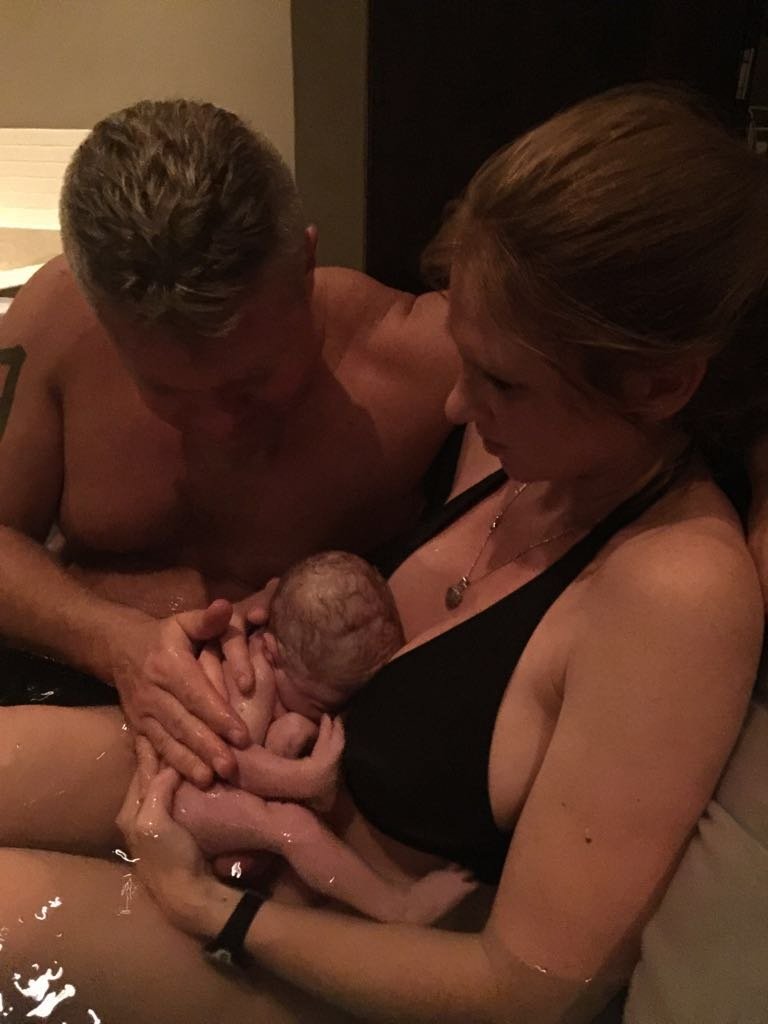Hi, I’m Alison Heyerdahl,

Writer
I am a writer and strategist with two Bachelor’s degrees, a BSc (Physical Therapy) and a BA (Psychology), in addition to a certification in Women’s Health. I am also a mother of two young homeschooled boys.
I have 14 years of Physical Therapy experience, treating all manner of conditions, including sports injuries, women’s health conditions, and pediatric neurological disorders. After completing my Physical Therapy degree in 2006, I realized the growing need for therapists qualified in treating afflictions such as pelvic floor dysfunction, incontinence, and sexual dysfunction. My women’s health certification sparked in me a passion, enthusiasm, and compassion for women’s health issues, helping me to identify and successfully treat these conditions.
I also recently completed a degree in psychology focused on childhood development to help me better understand developmental processes, including the sequence of cognitive, emotional, and physical changes that occur from birth to adulthood. These insights have greatly enhanced my ability to treat pediatric conditions and homeschool my own children.
I thoroughly enjoy researching and writing on these topics and am dedicated to producing high-quality content that enlightens both professional and lay-people alike.
Articles by Alison
Meditation is a powerful means for exploring troubling emotions, allowing us to mentally label them. Labeling our emotions helps us to cut the attachment with these negative emotions and develop healthy responses to them. When you go inwards and fully experience these emotions without judgment, you become disentangled or “unstuck”.
Learn how to safely reheat breast milk without compromising its nutritional value. Discover expert guidelines on how many times to reheat, best practices, and when to avoid reheating altogether. Ensure your baby receives the optimal benefits of your breast milk.
Pregnancy loss is a heartbreaking and emotional experience that can have devastating physical and psychological impacts. It can be extremely difficult to cope with the pain and grief of losing a much-wanted baby. While there is no one-size-fits-all answer for how to heal from a pregnancy loss, you can take steps to help yourself work through the emotions and learn how to cope in the aftermath.
During pregnancy and after birth, the baby's and mother’s bodies work together seamlessly in a beautiful symphony where both mother and child benefit. Understanding how your breast changes during pregnancy and lactation helps to fully appreciate how breastfeeding works.
While many would say I had an almost idyllic breastfeeding journey, those early years were some of the toughest of my life. My eldest son, Tor, was born in 2012, and when I was pregnant, I read everything I could get my hands on about the birthing process. I had an easy pregnancy and wonderfully event-free water birth.
Botox injections contain far lower doses of the toxin than those that result in Botulism, so it is unlikely this will pose a threat to your baby’s health and it is unlikely that toxins will pass from your breastmilk to your baby following Botox injections.
The formula shortage crisis has been a few months in the making. It started in February 2022 when suspected contamination of Similac led to the recall of products countrywide and the shutting down of a manufacturing plant in Michigan. This plant supplied as much as a fifth of the infant formula products on the market. It is also a critical supplier of specialized formula products for babies with allergies or other health conditions.
On 17 February 2022, the U.S. Food and Drug Administration announced it was investigating several reported cases of Salmonella Newport infections in infants and toddlers likely linked to the infant formula produced in the Abbott Nutrition’s Michigan Facility. This was only the beginning of what would turn out to be a national crisis. No one could imagine that the USA would face a formula shortage, leaving parents in a state of panic about how to feed their babies.
Colostrum is often described as liquid gold, and for good reason too. While it does have a golden tinge, it is also the most precious and valuable food your newborn will receive. Produced in the smallest amounts, colostrum plays an important role in the start of your breastfeeding journey. Read on to find out more about the benefits of colostrum for your baby and why every drop counts.
Following a long nine months of pregnancy with a roller coaster of hormones and body changes, we are so excited to welcome our baby into the world and embrace our role as a mother. At the same time, there is also a lot of pressure to shed the baby weight within weeks of giving birth. Social media influencers and famous celebs set unrealistic standards that we hold ourselves to, but there is no secret formula for gaining that six-pack or fitting back into your skinny jeans. Read on to learn more about what you can realistically expect when it comes to weight loss after birth.
About 1-2% of the alcohol a mother consumes enters her breastmilk. Because infants’ livers are not developed enough to process the alcohol, it will remain in their systems much longer. While mothers can safely consume alcohol while breastfeeding, they should limit their intake to about 1-2 units per week or plan accordingly.
In order to save fridge and freezer space, it makes sense to combine milk from different pumping sessions, but is it a safe option? The answer is generally ‘yes,’ but there are certain guidelines that need to be followed.
The first hour after birth when the mother has uninterrupted skin-to-skin contact with her newborn is termed the Golden Hour. Research has recently recognized the vital role that “The Golden Hour” plays in stimulating breast milk production and ultimately, breastfeeding success. Read on to learn more about the Golden Hour.
Cracked and painful nipples are one of the most common reasons mothers prematurely stop breastfeeding. Many factors have been identified to cause painful or damaged nipples, including poor breastfeeding technique or latch, breast engorgement, inverted/malformed nipples, bottle feeding, nipple hypersensitivity, and inappropriate breast pumps. This article outlines some of the most effective ways to correct and resolve these issues.
Sometimes, as much as we want to parent “by the book” as it were, life has other plans for us. Breastfeeding may be causing so much discomfort and stress, that in many ways, formula feeding is a better alternative. Some of us experience severe pain, cracked nipples, mastitis, or simply have to return to work and cannot find an extra thirty hours in our week to exclusively breastfeed/pump. Read on to find out about the most popular formulas on the market and the pros and cons of each.
Although nipple shields have proven helpful for many breastfeeding mothers, there is some contradictory data regarding the long-term effects of its use and the best method for weaning off the nipple shield and introducing the bare nipple. Read on to find out about the pros and cons of nipple shields.
After 13 years of behaving under the conservatorship rules, performing on stage when she is told to, and paying the people that have control over her life huge sums of money, all she wants is to end the inappropriate control over her life and finances. At age 39, she is urging the courts to give her the freedom to make her own decisions and live the life she wants to lead. It seems like a reasonable request.
While many of us understand the benefits of breastfeeding, for some moms, exclusive breastfeeding is not always an option. In this day and age, many moms have to return to work within a few months of their baby’s birth, and being able to pump is non-negotiable. However, many moms experience difficulties with pumping and then don’t have enough milk to give to babysitters. Additionally, many moms struggle with issues such as getting their baby to latch, low milk supply, or nipple pain. For these and other reasons, the decision to supplement with formula becomes the only viable option.
The decision to stop breastfeeding is a very personal one. Each mother has a different breastfeeding experience, and her emotions surrounding breastfeeding will be just as unique. Some mothers have a clear idea of how long they want to breastfeed, and when they would like to stop, but for many mothers, it is not that simple or obvious. While there’s no recommended cut-off time for breastfeeding, however long you choose to breastfeed will be beneficial to both you and your baby. There are many things to take into consideration when choosing to wean your baby off the breast, including your own beliefs and feelings, the feelings and needs of your child, and dare I say it, sometimes the unwelcome opinions of others.
Have you ever felt as if you didn’t belong or that you didn’t deserve your job title and accomplishments? Perhaps you secretly worry that your friends and colleagues may discover that you’re a fraud and that all your success was due to luck or other external factors. If so, you may be struggling with imposter syndrome, a phenomenon that affects up to 70% of people at some point in their careers.
Research shows that negative emotions such as fear, anxiety, and stress take a toll on our bodies and minds; and that positive emotions are linked to better outcomes at home and at work. As a result, corporate wellness programs are becoming more focused on enhancing positivity in the workplace to improve employee well-being and productivity.
At first glance this seems like a fairly straightforward and even rhetorical question. Defining motherhood is easy – it’s simply bearing children and then nurturing them to become adults, right? As a mother myself, I think most of us would beg to differ. Many mothers would say that it’s the hardest, most stressful, and unrelenting job in the world, but also the most rewarding.
The daytime sleepiness and grogginess that ensues after a bad night’s sleep can leave you feeling depleted and unproductive, and it may even harm your health. Researchers have become increasingly drawn to the potential of mindfulness meditation as a treatment for various sleep issues. Furthermore, meditation is an easy-to-implement and affordable intervention for those who cannot access other types of sleep therapy or medications.
When you’re pregnant, it seems as if all you’re focused on is making sure that your baby is healthy, and is growing according to all the expected milestones. However, your body has also gone through an enormous transformation during pregnancy and after delivery, but your health often gets put on the backburner as you worry about caring for your new baby and trying to navigate life on very little sleep. Many women struggle postpartum because they feel so unprepared to deal with all the new changes to their physicality, and end up anxious, depressed, and overwhelmed.
One of the most important qualities that separate human beings from animals is our ability to introspect and take on perspectives outside our own. It is based on the notion that we are not our thoughts; that we are thinkers able to observe and witness the machinations of our minds. As a result, it provides valuable feedback on how we act and how we treat others. Research shows that when we see ourselves more clearly, we are more confident, make better decisions, and communicate more effectively. We also become better leaders, have higher levels of job satisfaction, and can manage our emotions better.
At six months old, your baby is halfway to her first birthday, and she will be very interested in the world around her. Soon you won’t be able to contain her in one space, secure that she will stay put, because crawling is around the corner. This is also the month that you will start her on solid foods, if you haven’t done so already, and will also be the month that she will start to sit unsupported.
Meconium is the thick, sticky, tar-like substance that your baby excretes into her diaper after birth. It is made up of all the dead skin cells, proteins, fats, intestinal secretions, and all the other matter your baby swallowed while in the womb. After delivery, your baby will pass meconium stools for the first few days of life. Sometimes, if your baby is distressed, she will have a bowel movement before birth and will excrete the meconium into the amniotic fluid. This can present a problem known as meconium aspiration syndrome.
In patients with chronic pain, it has been found that stress, fear, and depression amplifies the perception of pain. Mind-body approaches to chronic pain such as progressive muscle relaxation, meditation, laughter, and mindfulness-based approaches have been found to markedly reduce the pain experience.
As a new parent, the mention of SIDS can send shivers down your spine and get you up all night checking on your (finally!) sleeping baby. But you can rest assured, knowing that the incidence of SIDS is very low. In fact, only 0,0009% of babies succumb to SIDS, and there is a lot you can do to prevent it.
Pregnancy and lower back pain are almost synonymous. It is common to experience stiffness and aching that sometimes refers down into the buttocks, hips and legs. Back pain usually starts in the second trimester of pregnancy and sometimes only remits once your baby is born.






























